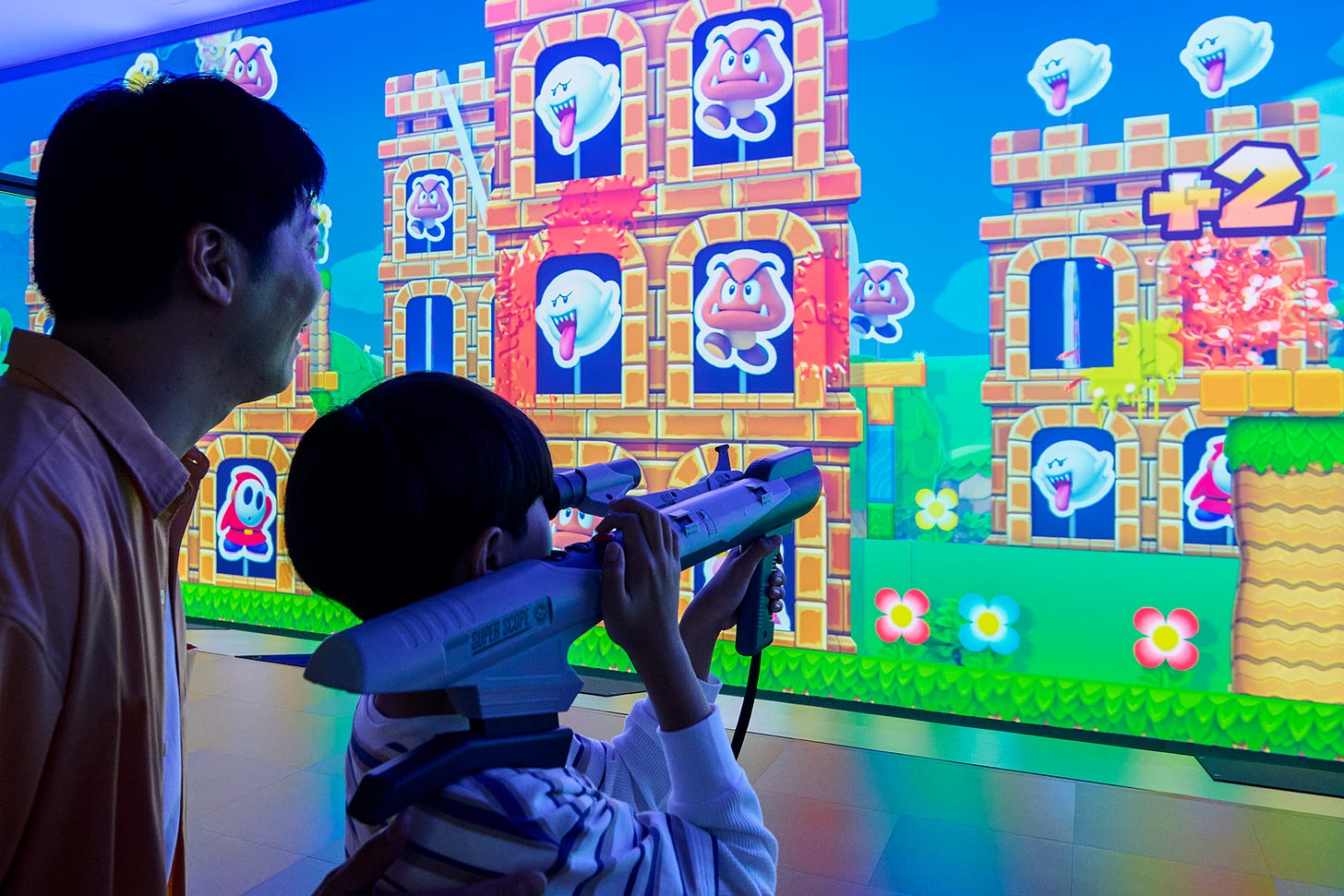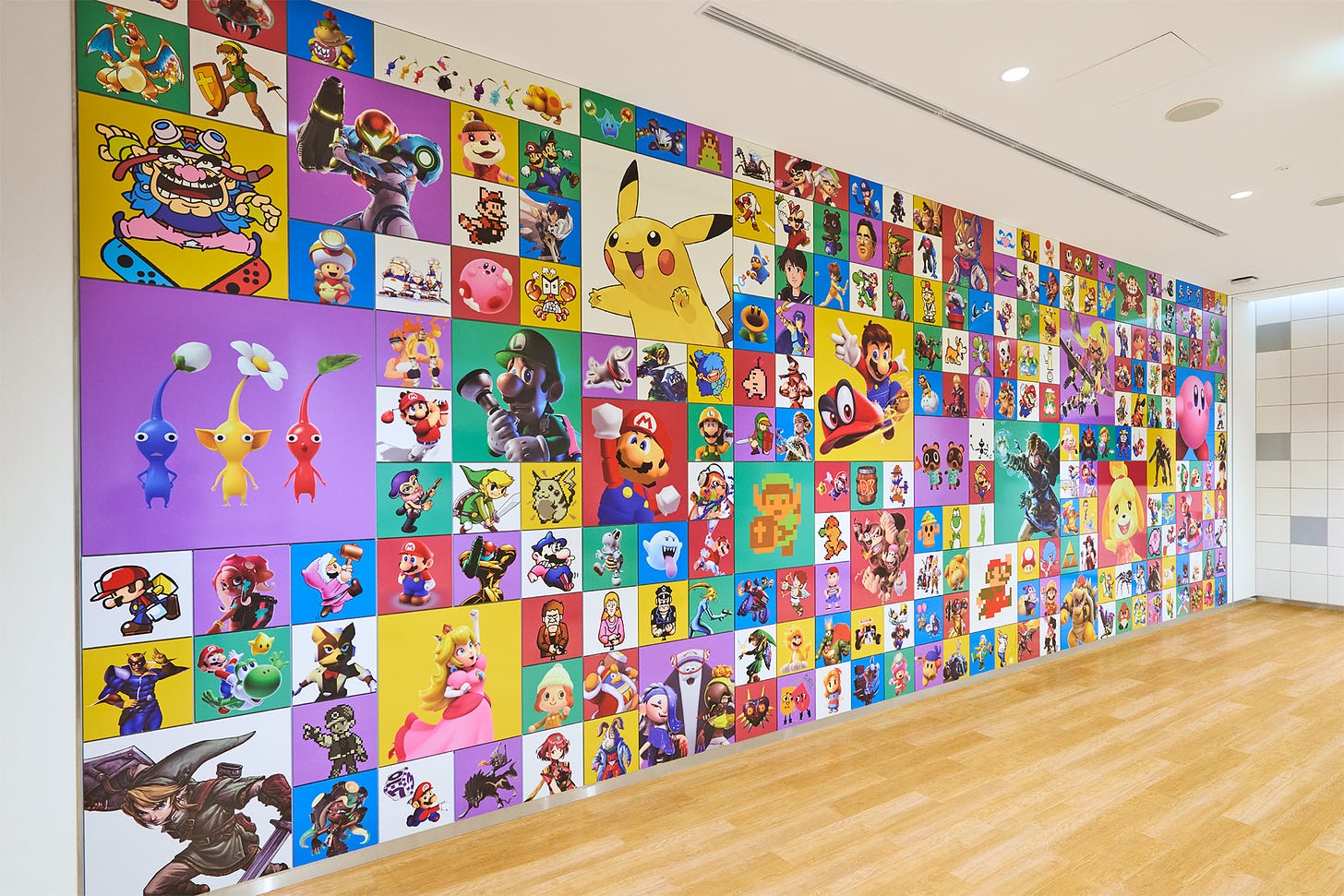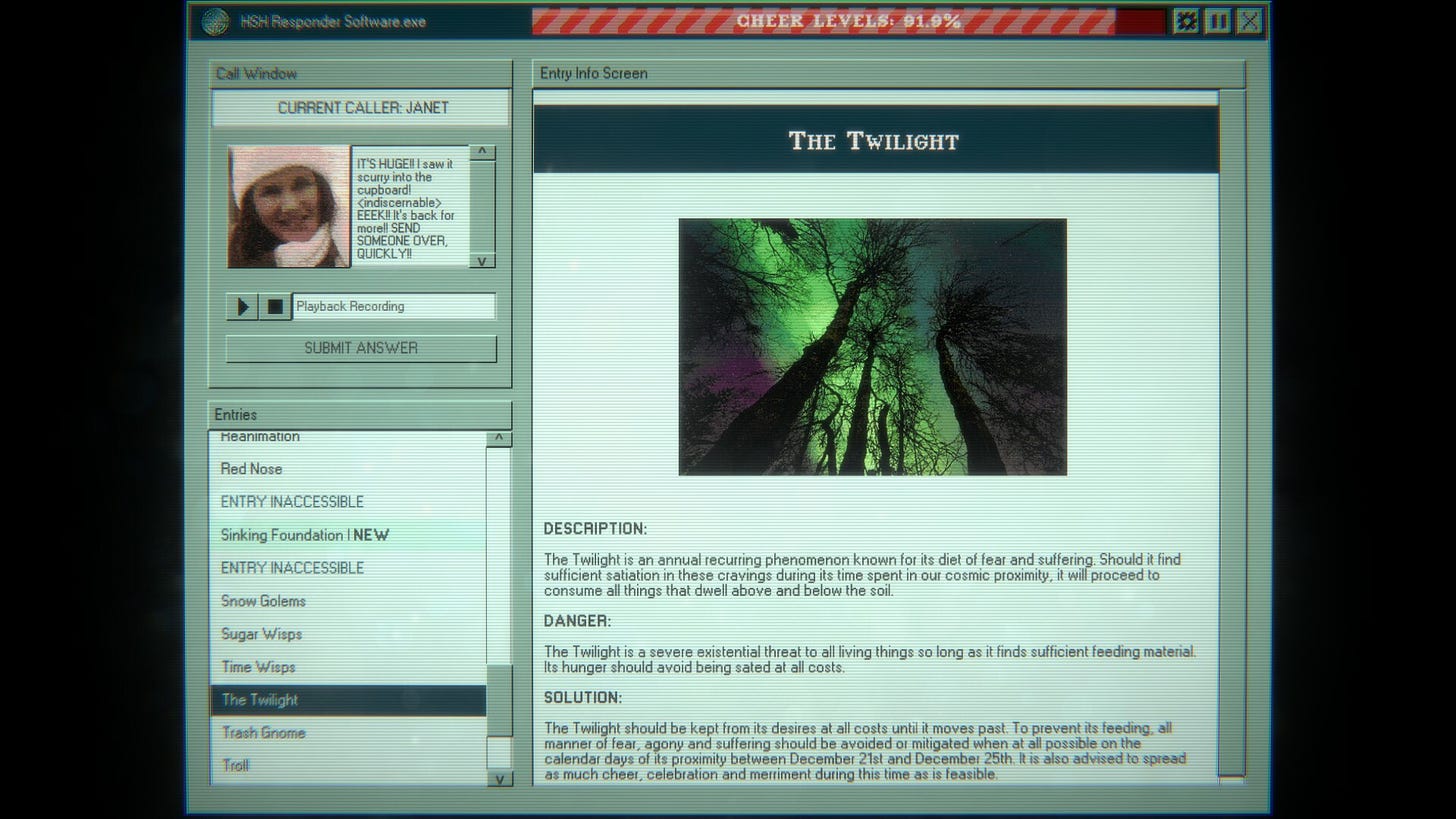I’m overdue for a return to Japan. I lived on its southernmost big island for a season, but never got to tour Kyoto — though it was only a few hours away.
Nintendo just gave me one more reason to visit the old imperial capitol. NPR’s Anthony Kuhn got a preview of the new company museum, and reported the story for Morning Edition and Here & Now (listen to the end of the latter to hear my cameo!). He also filed an Instagram video and wrote a digital piece that I produced:
[Nintendo]’s bosses appear to want to sum up their corporation’s achievements, as they begin to transition to a younger generation of leaders, and the company moves from video games into new businesses, including stores, movies and theme parks.
But to open a museum that explains the company’s history is a highly unexpected, uncharacteristic move for a company that seldom explains itself, preferring instead to let its games and other products speak for themselves.
“I feel that the only way to connect and communicate with the consumer is through the product,” Nintendo Executive Fellow and Representative Director Shigeru Miyamoto said at a recent press conference.
Nintendo’s “intellectual property is so recognizable that it's worth tens of billions of dollars,” observes James Mastromarino, who covers the video game industry for NPR.
“So Nintendo knows that they have some of the most recognizable and most beloved characters in their wheelhouse, and that's part of the reason why they're so protective of it.” [As evinced by the company’s recent, controversial, patent suit against Palworld.]
The first floor of the new museum includes large games where players shoot at animated creatures and pilot aircraft. There are living-room-like batting cages, with a baseball pitching device called the Nintendo Ultra Machine, which the company sold from 1967-74.
On the second floor, visitors paint and play with Japanese hanafuda playing cards, which was Nintendo’s first product when it was established in Kyoto in 1889. They can then roam among displays of decades worth of Nintendo game consoles and toys.
Items are clearly labeled, but sparingly explained. One exhibit shows how, for example, Super Mario games have evolved, through various gaming consoles over the years.
Analysts say that Nintendo’s roots as a toy company contribute to their focus on gameplay. Instead of making hardware with the fastest processors, or the highest resolution graphics, it instead concentrates on making software and games that are easy to learn, and addictive.
“In the end, everyone mistakenly believes that they play Nintendo games because they want to, says Asia University professor Akihiro Saito. “But the games themselves are designed to make people want to play.”
Saito directed Nintendo’s Pokemon game. He explains Nintendo’s game design through a theory he calls “gamenics.” He says Nintendo games carefully calibrate how players are challenged and rewarded. Players learn game rules not through manuals or tutorials, but by observing.
Saito also argues that Japanese culture is the core of Nintendo’s global success. That culture includes the spirit of Kyoto’s master craftsmen, who take pride in making things, not explaining them.
It also includes “omotenashi,” a tradition of hospitality that focuses on creating a memorable experience for guests and customers, in a subtle, understated way.
“Rather than enjoying the museum through flashy attractions,” Saito says, “I think it would be great if people could enjoy the museum with the feeling that it is an entertainment museum of Japanese culture, and see how the space has been designed to offer Kyoto-style hospitality (omotenashi).”
I also caught up with Seasonal Worker, which adds a menagerie of yuletide horrors to Home Safety Hotline. I adored the base game but admire this expansion just a bit less. Where the original unfurled its sinister mysteries slowly, sprinkling its boggarts and trolls in with more mundane threats like Moles and House Fires — Seasonal Worker gets to the supernatural super quick. It’s also more punishing; several callers completely stumped me, even after reloading to match their complaints to my database of household dangers.
Other Here & Now Mastromarino Productions
Death toll rises in Southern Lebanon as Israel continues its ground offensive against Hezbollah
Helped bring my colleague Ahmad Damen’s excellent Voice of America reporting to our air: High-ranking Lebanese official falsely accused actor, others, of spying for Israel, investigation finds
And this piece was also incredibly moving: Asheville animal shelter director on devastation to the city, evacuation of people and animals
Israel weighs risks and rewards of escalating war against Hezbollah









It would be great to see the metrics they use to test and evaluate game player experiences but I'm sure that's proprietary and protected.